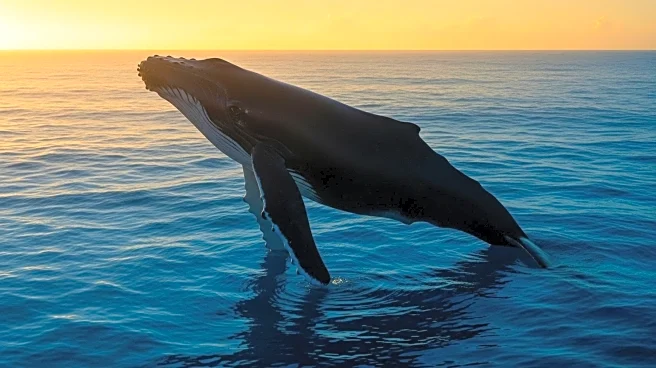What's Happening?
Sealord, a New Zealand seafood processor, is considering shifting to seasonal operations due to economic pressures. The company has proposed operating its wet fish and by-products plants, along with the fishing vessel Thomas Harrison, from May to September to align with the peak hoki catch season. This change could lead to the disestablishment of 59 positions. Sealord is also contemplating the closure of its coated-fish plant in Nelson, which would affect 79 roles. The seasonal proposal aims to retain the majority of Nelson-based operations and jobs. The decision on seasonal operations is expected in mid-October, while the final decision on the Nelson plant closure is due on October 3. CEO Doug Paulin cited escalating operating costs, deflated global commodity pricing, and regulatory compliance costs as driving factors for the review.
Why It's Important?
Sealord's potential shift to seasonal operations highlights the challenges faced by the seafood industry amid economic pressures. The move could impact employment in the region, affecting local economies and communities. The company's decision reflects broader trends in the industry, where businesses are adapting to fluctuating commodity prices and regulatory demands. The shift could lead to more sustainable operations, focusing on core business activities during peak seasons. However, it also underscores the vulnerability of industries reliant on global markets and regulatory environments, necessitating strategic adaptations to maintain economic viability.
What's Next?
Sealord's decision on seasonal operations will be closely watched by industry stakeholders, including employees, local communities, and economic analysts. The outcome could set a precedent for other companies facing similar challenges. The seafood processor's strategic shift may influence industry practices, encouraging a focus on seasonal operations to optimize resources and reduce costs. The decision will also impact employment patterns, with potential implications for regional economic stability. Stakeholders will need to adapt to the changing operational landscape, considering long-term sustainability and economic resilience.










